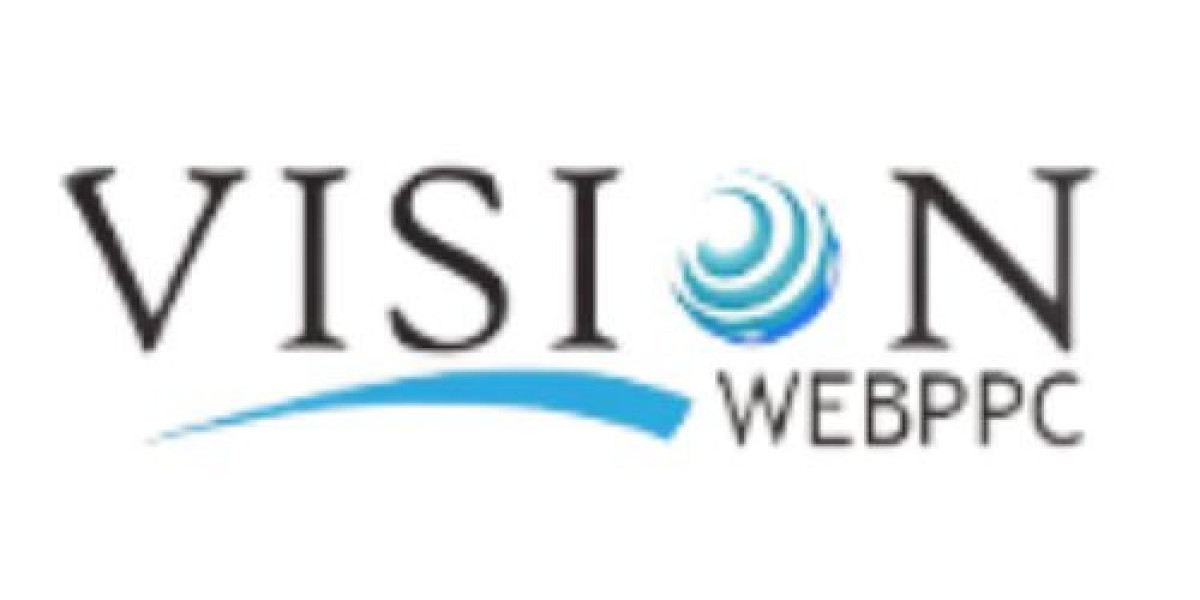In the digital age, online advertising has become a crucial tool for businesses aiming to reach their target audience effectively. One of the most popular and powerful forms of online advertising is Google PPC (Pay-Per-Click). This guide will introduce you to the basics of Google PPC and provide you with the foundational knowledge you need to get started with your first PPC campaign.
What is Google PPC?
Google PPC is a form of online advertising where advertisers pay a fee each time their ad is clicked. Essentially, it’s a way of buying visits to your site rather than attempting to earn those visits organically. Google Ads, formerly known as Google AdWords, is the platform where these PPC campaigns are managed.
Why Use Google PPC?
- Targeted Reach: Google PPC allows you to target specific audiences based on keywords, location, demographics, and more.
- Measurable Results: With Google PPC, you can track your campaign’s performance in real-time and make data-driven decisions.
- Cost Control: You set your budget and only pay when someone clicks your ad.
- Immediate Visibility: Unlike SEO, which can take time, PPC ads can appear on the first page of Google search results almost immediately.
Getting Started with Google PPC
1. Set Up Your Google Ads Account
Before you can create a PPC campaign, you need to set up a Google Ads account. Visit the Google Ads homepage and follow the prompts to create an account. You’ll need to provide some basic information about your business and your advertising goals.
2. Define Your Goals
Clearly define what you want to achieve with your PPC campaign. Common goals include increasing website traffic, generating leads, boosting sales, or promoting brand awareness. Having clear goals will help you design a more effective campaign.
3. Keyword Research
Keywords are the foundation of any PPC campaign. They are the terms and phrases that people use when searching for products or services online. Use tools like Google Keyword Planner, SEMrush, or Ahrefs to identify relevant keywords for your business. Focus on keywords that have a good balance of search volume and competition.
4. Create Compelling Ads
Your ads need to be engaging and relevant to your target audience. Each ad consists of a headline, description, and a URL. Here are some tips for creating effective ads:
- Headline: Make it attention-grabbing and relevant to the keyword.
- Description: Highlight the benefits and unique selling points of your product or service.
- URL: Use a clear and concise display URL that relates to the ad.
5. Set Your Budget and Bids
Determine how much you are willing to spend on your PPC campaign. Google Ads allows you to set a daily budget and adjust your bids for different keywords. Your bid is the maximum amount you are willing to pay for a click on your ad. Start with a moderate budget and adjust based on your campaign’s performance.
6. Launch Your Campaign
Once you’ve set up your ads and defined your budget, it’s time to launch your campaign. Monitor its performance closely, especially in the first few days. Google Ads provides various metrics such as click-through rate (CTR), conversion rate, and cost-per-click (CPC) to help you understand how your campaign is performing.
Optimizing Your Campaign
Optimization is key to the success of your PPC campaign. Here are some tips for ongoing optimization:
- Regularly Review Keywords: Add new relevant keywords and remove underperforming ones.
- A/B Testing: Test different versions of your ads to see which performs better.
- Adjust Bids: Increase bids for high-performing keywords and reduce bids for low-performing ones.
- Refine Targeting: Use Google Ads’ targeting options to reach the most relevant audience.
- Analyze Competitors: Keep an eye on your competitors’ ads and strategies.
Conclusion
Google PPC advertising is a powerful tool that can drive targeted traffic to your website and help you achieve your business goals. By understanding the basics of PPC and following the steps outlined in this guide, you can launch and manage successful campaigns. Remember, the key to success in PPC is continuous learning and optimization. As you gain more experience, you’ll be able to refine your strategies and achieve even better results. Happy advertising!








